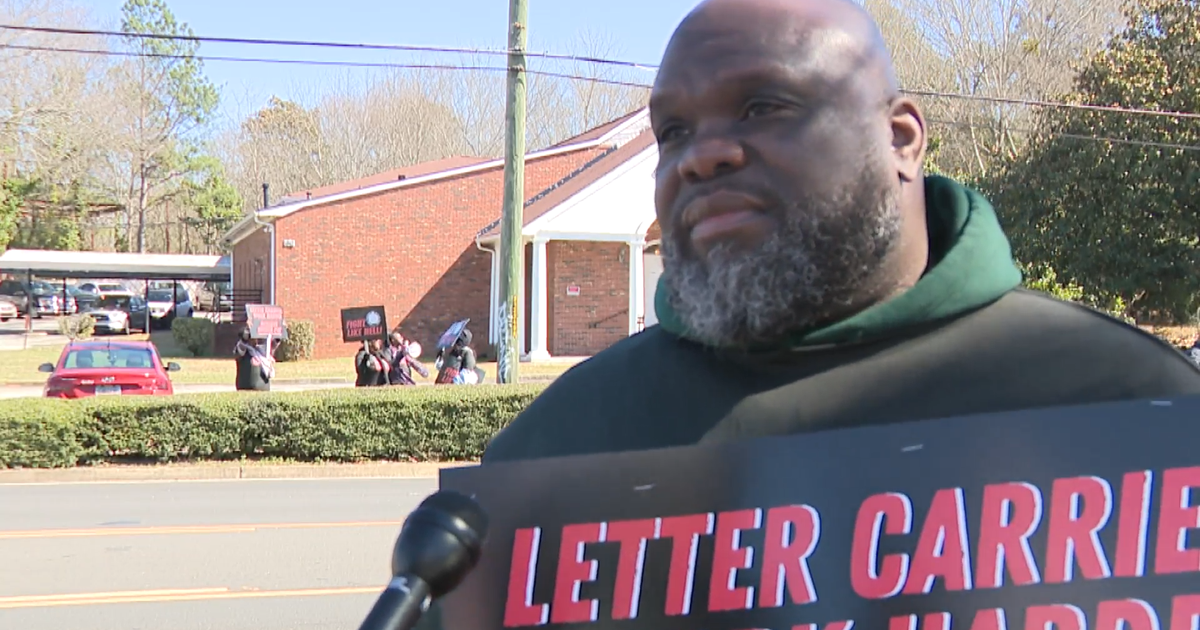FCC cracks down on scam "auto warranty" robocalls
Sick of getting robocalls about your extended car warranty? So are the feds.
The Federal Communications Commission this week ordered carriers to stop letting scammers use their telecom networks for auto-warranty scams, extending a crackdown on robocalls that has become the agency's top priority.
"Consumers are out of patience and I'm right there with them," FCC Chair Jessica Rosenworcel said in statement on Thursday.
According to regulators, the fake auto-warrany calls, which aim to trick consumers into giving up their personal information, originate from a ring run by Roy Cox Jr., Aaron Michael Jones and Sumco Panama companies. This group of a dozen people in the U.S. and abroad allegedly generated 8 billion robocalls to Americans since 2018 and is still putting through millions of illegal calls today, the FCC said. Cox, Jones and 20 other defendants have also been sued by the Ohio attorney general.
Earlier this month, the FCC authorized carriers to block these scam calls — now, the government is requiring them to do so.
"The Enforcement Bureau has ordered all U.S. voice service providers to take all necessary steps to avoid carrying robocall traffic from the Cox/Jones/Sumco Panama operation," the FCC said. It is investigating these calls for law-breaking, the agency added.
The FCC identified eight carriers it said were responsible for carrying these calls: Fugle Telecom, Geist Telecom, Global Lynks, Mobi Telecom, SipKonnect, South Dakota Telecom and Virtual Telecom. It sent cease-and-desist letters to all eight, to which they did not respond, the FCC said.
Consumers lost nearly $30 billion to fraudulent calls last year, and auto-warranty calls were the biggest source of grief — Americans filed 12,000 complaints about them to the Federal Communications Commission.
Regulators have had some success cutting down robocalls. Last year, the FCC started requiring carriers to verify the traffic on their networks, leading these scam calls to drop in half.
At the same time, scammers are getting more sophisticated and shifting their attention to robo-texts, which have exploded in popularity as a way to bilk unsuspected people.



